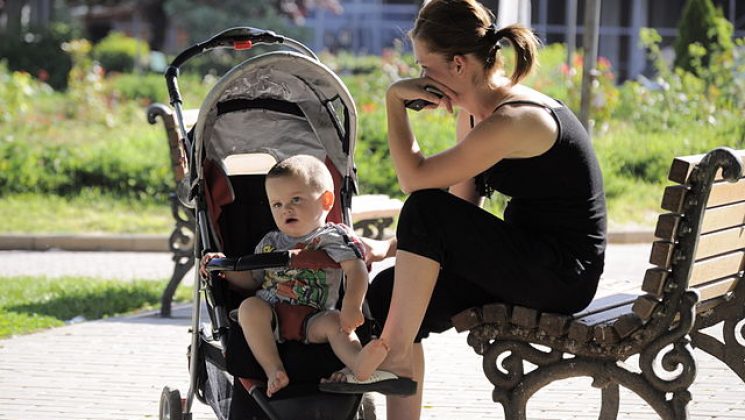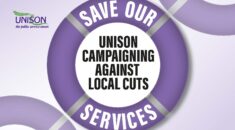Open spaces in urban areas have existed for as long as urban areas. The Hanging Gardens of Babylon were one of the Wonders of the World, while Seville’s La Alameda de Hércules – a promenaded public mall, garden and park – opened to the public in 1574.
Cities across the world revelled in formal gardens: London’s equivalent was Vauxhall Gardens, which is believed to have opened before 1660, but it was in the 19th century that Britain started seriously creating parks in our towns and cities, seeing them as ways of helping to improve public health.
However, our parks are now under an increasing threat, as local councils find their funding being cut and then cut again.
As we reported in February, the threat is already being seen through reductions in opening times, closure of public toilets and increases in litter and the number of rats being spotted.
As with libraries, volunteers are being considered by some councils as a way of tackling the problems, even as new housing developments are “nibbling away” at our green spaces.
But parks are used by everyone, young and old – irrespective of income. They’re good for our health, our environment, for leisure and recreation, for children playing and for adults contemplating.
We want to explore the issue further and build up a more detailed picture of what’s happening to our parks – and we need your help to do it.
What is your experience? What is happening with your local park? Have there been cuts that have affected it? How is the park used? What does your park mean to you and your family? Does the council allow events to be staged there to raise money?
As one website reader has already told us: “There is only one small park situated in the large car park which serves this seaside town. It is clearly for the visitors to the town. There are no play facilities for the children who live here all year round.”
Another reader has described how the council parks in their area were “in a shocking state through winter … They were covered in litter, overfilled bins, overgrown bushes, weeds, lengthy grass and dog dirt.”
And they continued: “The pond [in one park] was green and slimy, strewn with litter that had been in there floating for weeks/months.
“The muck from the ducks made walking around the pond a disgusting and dangerous experience, whereas North Tyneside parks are mostly immaculate throughout the year.
“I’ve stopped visiting the dirty, uncared-for parks. My child also finds broken or removed equipment upsetting and this adds to the poor experience.”
One parks worker told us about the fear of being privatised, while seeing colleagues lose their jobs means job security is a thing of the past.
And that extends to a service where educational work around conservation and the environment have now been given a lower priority.
People in communities value their parks and will help, but as another reader told us, it shouldn’t just be a matter for those who can volunteer.
They described a situation where there “have been meetings to get people involved in volunteering in parks, which I think can be a good idea, but it shouldn’t be like that in every park, as the council needs to take some responsibility otherwise we will end up having to volunteer in many other roles to save money”.
Clive from Watford reports that “two adventure playgrounds that were staffed have been shut down in Watford to save council money.”
He notes that “several staff have been made redundant” and, instead of having playgrounds that were popular with everyone precisely because there were staff on site, the council has built two big slides which, at night, he explains, are used by unsupervised youngsters who make a noise that detrimentally affects the lives of local people.
All in all, it’s not a pretty picture. But the more we know, the better the picture that we can build up – and the better equipped we are to raise the issue. And you are our eyes and ears.
So please tell us about your own experience, whether as a parks worker and/or a user.
You can ask to remain anonymous, as some of the readers mentioned above did.
And we don’t just want to hear the negative stories: if your park has a success story, then we’d love to hear about that too.
As winter fades, many of us will be looking forward to spending more time outdoors – not least in our parks and open spaces. Let’s work to make sure this precious resource is recognised as such.
[gravityform id=”37″ title=”true” description=”true”]


